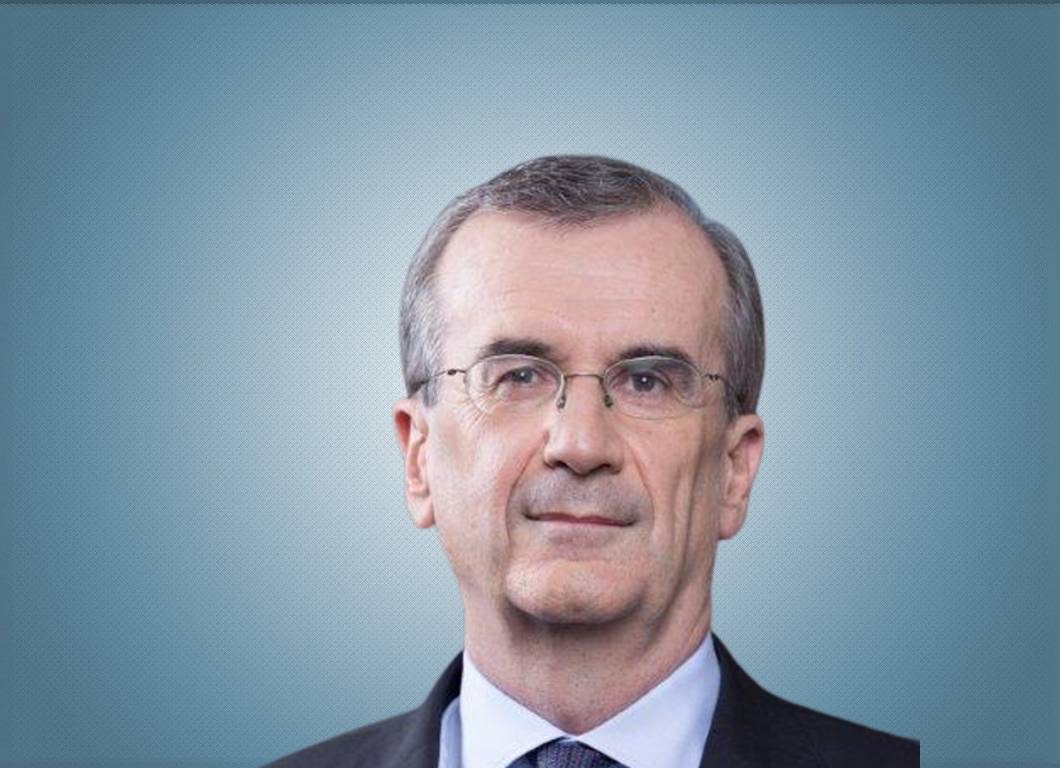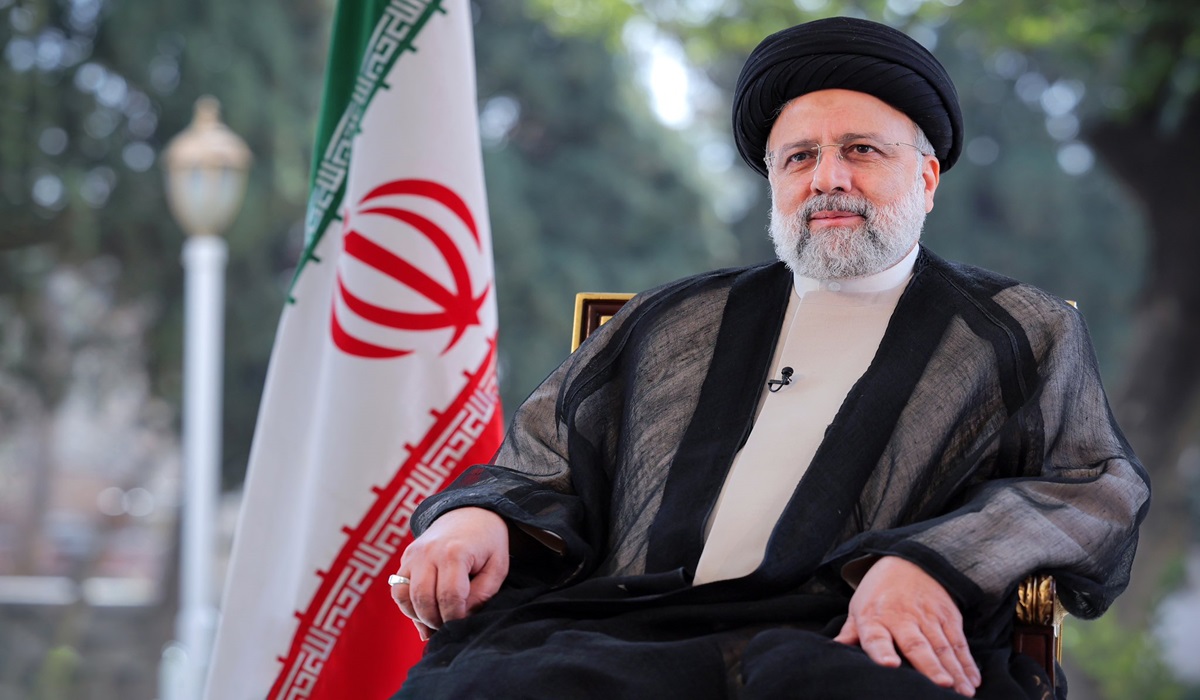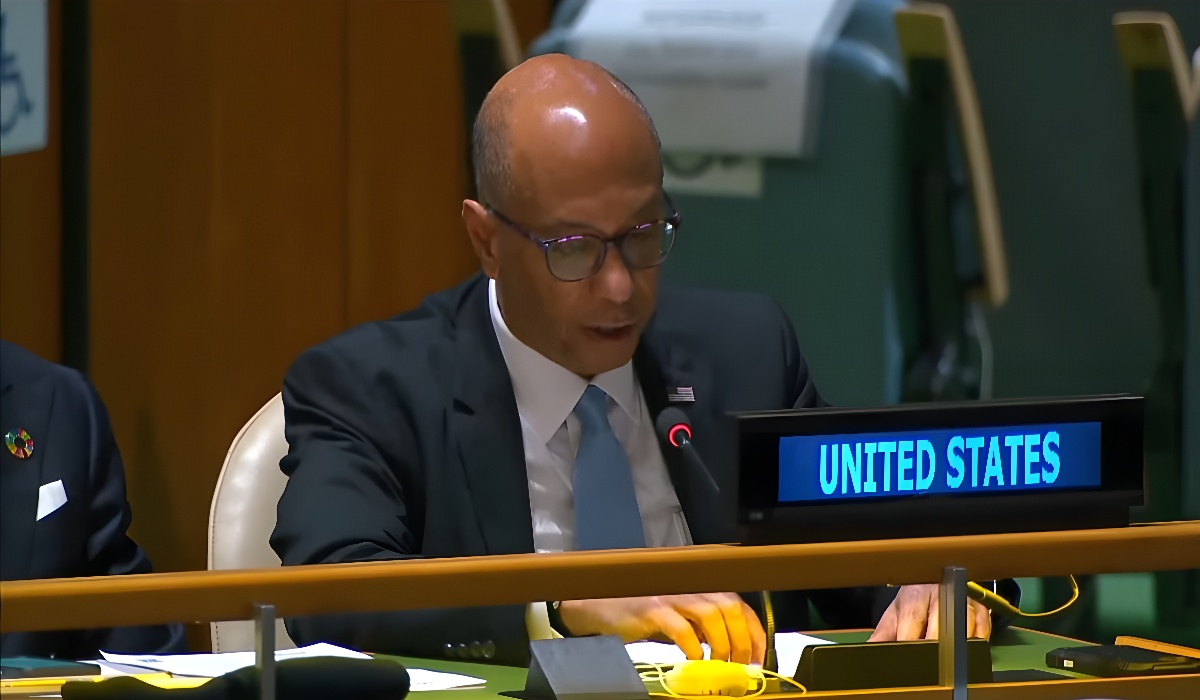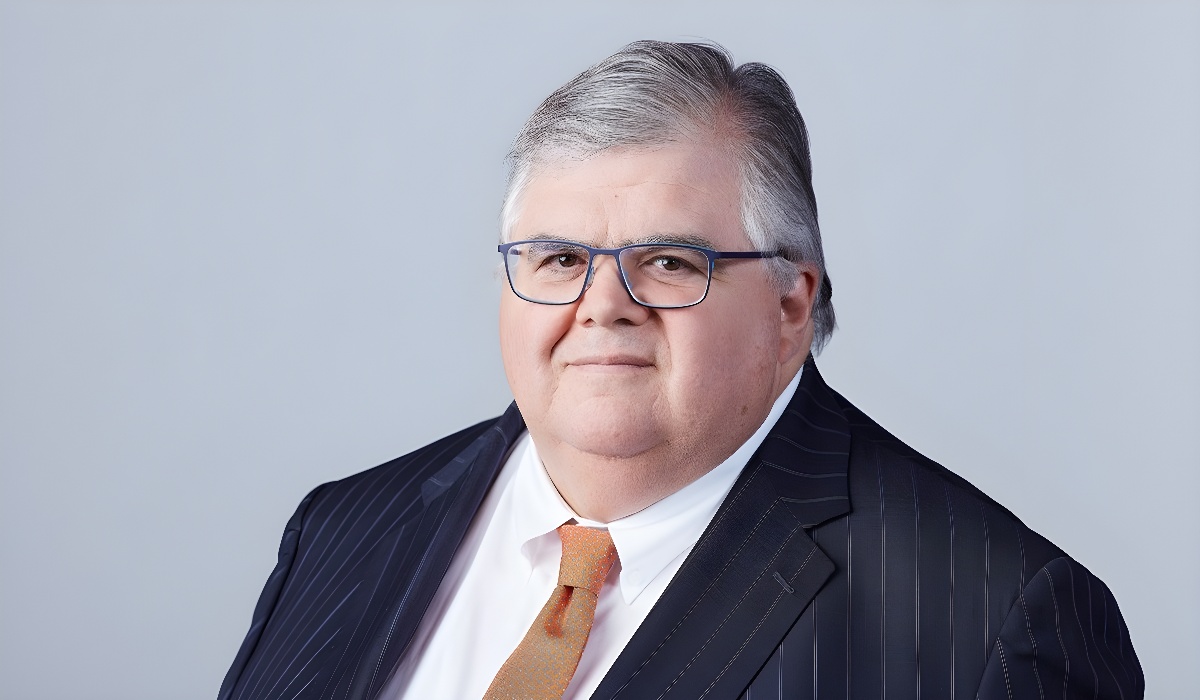The most powerful person in the world, of an organization many don’t know exists
Few individuals hold as much power and influence as François Villeroy de Galhau in finance. As the Bank for International Settlements (BIS) Chair, he wields significant authority over the global financial system. Villeroy de Galhau is the most prominent figure in the financial realm, currently serving as the Chair of the BIS. With a distinguished background in banking and economics, his expertise is highly regarded. Before his tenure as Chair, Villeroy de Galhau held the position of Governor at the Bank of France.
As the head of the BIS, Villeroy de Galhau plays a crucial role in shaping financial policies and regulations with far-reaching implications. His decisions impact central banks, commercial banks, businesses, governments, and individuals worldwide. This level of influence raises important questions about the concentration of power and the potential consequences of such authority being vested in a single individual.
“The Bank for International Settlements (BIS) holds a distinctive position as the central bank for central banks. Similar to a national central bank, it manages a country’s money supply, interest rates, and promotes economic stability. It plays a crucial role in controlling inflation, supervising banks, conducting monetary policy, and ensuring the stability of the national currency. Moreover, as a platform for central banks to collaborate, exchange information, and tackle global financial challenges, the BIS wields significant influence over the global financial system with its membership of 63 central banks.
Villeroy de Galhau’s decisions shape international financial markets’ rules and guidelines. While this centralized power allows for efficient decision-making, it also raises concerns about accountability, transparency, and the potential for undue influence.
In December 2022, the BIS released a concerning report exposing approximately $80 trillion in hidden FX swap debt. Simply put, FX swap debt involves borrowing and lending foreign currencies. When this debt remains undisclosed, it raises transparency issues and systemic risks within the global financial system.
The revelation of such a substantial debt burden should have raised alarms worldwide. However, the response to the BIS report was relatively muted, with little public outcry or urgent action. This raises questions about the opacity of financial systems, the reluctance to address systemic risks openly, and the potential consequences of overlooking such issues.
The concentration of power in the hands of one individual, like Villeroy de Galhau, raises concerns about checks and balances within the financial world. While the BIS plays a vital role in fostering stability and cooperation among central banks, the question remains: should one person have the authority to influence global financial governance to such a significant extent?
The potential consequences of this concentration of power are far-reaching. If the BIS were to fail or make poor decisions, the global economy would suffer the consequences. A loss of confidence in the banking system, market crashes, and a deepening recession could all result from a misstep at this level of global financial leadership.
While Villeroy de Galhau’s expertise and experience are undoubtedly valuable, the concentration of such authority raises important questions. Balancing the need for effective decision-making with accountability and transparency is crucial for the stability and fairness of the global economy. Understanding the dynamics and implications of concentrated power within financial institutions like the BIS is essential for ensuring a more inclusive and resilient financial system.
The BIS convenes every two months, bringing together the 63 governors representing their respective countries to administer financial changes that impact 195 nations. The decisions made by this select group have far-reaching implications for societies worldwide. It is crucial to question who benefits and who loses in this system and to consider whether there might be alternative models that could better serve the interests of a broader spectrum of stakeholders.
As we continue to navigate an interconnected world, it becomes increasingly important to critically examine and reevaluate existing systems to ensure they are equitable, sustainable, and reflective of the needs and interests of all. By fostering open dialogue and exploring alternative models, we can work towards a more balanced and inclusive global financial framework that benefits societies on a broader scale.









